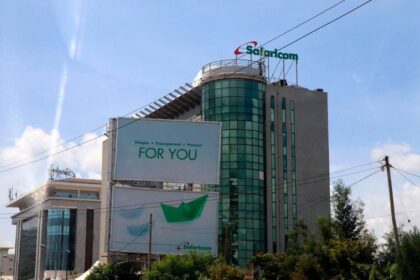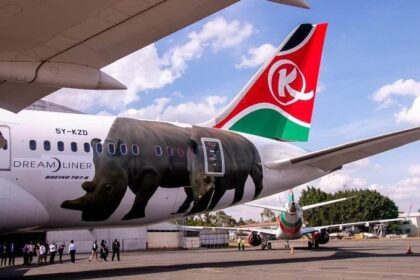As the government continues to promote green energy, the charcoal business remains strong in West Pokot County. The region’s rich supply of indigenous trees makes it a preferred source for charcoal production.
Thousands of bags are transported daily from North and Central Pokot. Logging and charcoal burning continue despite the county’s ban on the trade. A survey shows over 2,000 bags leave Riwo Ward each day for sale in nearby markets. Dealers use remote routes to evade authorities.
A bag sells for less than Sh700 in production zones but doubles in open markets. In Kitale, prices range between Sh1,700 and Sh2,000 per 90kg sack. Traders from other regions flock to West Pokot to buy in bulk and resell for profit.
Hotspots include Kanyerus, Kokochaya, Katikomor, Mermer, Adurokoit, Cheptuya, Karenger, Kanyarkwat, Kapkoi, Keringet, Kainuk, Cheptulel, and Endebess. Central Pokot and Kitale also record high charcoal activity.
Although the trade supports many families, it has caused severe environmental damage. Deforestation, soil erosion, and loss of tree cover have left the land bare. Wild olive trees, once common, have almost disappeared, exposing forests like Kapkanyar to destruction.
Resident Thomas Lokoriongol said charcoal burning is rampant in Kacheliba, Pokot North, Pokot Central, and parts of Pokot South. County Environment Chief Officer Leonard Kamsait said the government issued a notice last year to regulate the trade.
Kenya Forest Service Conservator Benjamin Koree said efforts are ongoing to control illegal logging and charcoal production. Environmental officials warn that West Pokot could lose most of its forest cover if the trend continues.
Also read: Ex-SHA Chief and Four Others Charged in Sh17.5 Million Fraud Case
Charcoal Trade Persists in West Pokot Despite Green Energy Drive
Leave a Comment












